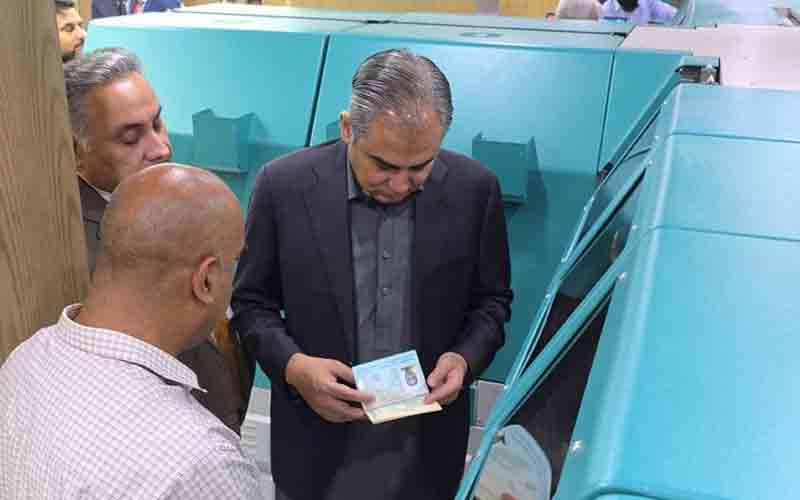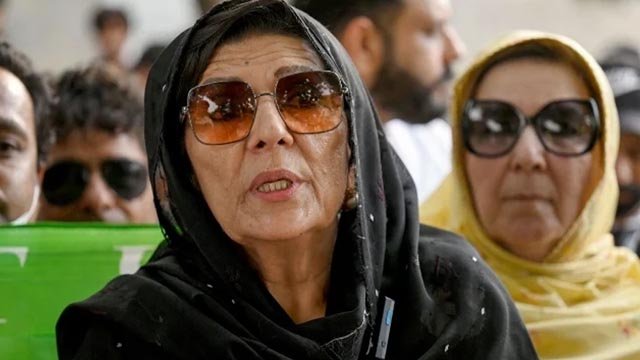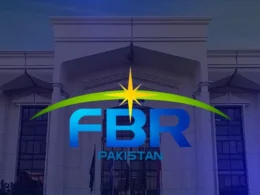Interior Minister Mohsin Naqvi announced new passport regulations aimed at curbing rising issues of illegal immigration and begging.
Chairing a meeting at the Directorate General of Immigration and Passports in Islamabad, Naqvi said these new measures are designed to protect Pakistan’s global image.
He directed concerned departments to expedite all legal procedures needed to enforce the new regulations and ensure their timely implementation across the board.
“These requirements will discourage individuals involved in begging and misuse of passports for illegal travel,” Naqvi stated during the high-level discussion.
He stressed the importance of 100 percent compliance in blocking passports of Pakistani citizens deported from foreign countries for violating immigration laws.
Minister of State for Interior, Talal Chaudhry, also supported the move, saying it sends a positive signal about Pakistan’s travel and security reforms.
READ: FIA arrests begging gang leader sending women to Saudi Arabia
Chaudhry said the world should see Pakistan as committed to lawful, dignified migration policies that prevent abuse of international entry systems and borders.
During his visit, Naqvi also reviewed newly installed infrastructure including six Machine-Readable Passport (MRP) machines and two e-passport systems to enhance operations.
The upgraded systems will reportedly boost passport printing capacity and reduce the overall processing time for applicants across the country.
Naqvi also met with a German technical team overseeing the machine installation, signaling Pakistan’s ongoing collaboration with international partners for digital upgrades.
Director General Passports Mustafa Jamal Qazi briefed the minister on future projects, including the launch of a user-friendly mobile application for passport services.
The app is expected to streamline application processes, improve accessibility, and help citizens track progress of their passport requests in real time.
Officials say these reforms aim to modernize Pakistan’s passport system while enforcing stricter control over unlawful uses of official travel documents.











